Canzano: Fatherhood of the Pac-12 Conference
What did your dad do for you?
My father played professional baseball. He was in Triple-A, playing middle infield with the New York Mets organization, when the big-league club won the World Series in 1969. But you know when I saw him at his best?
When he played with us kids.
My dad got down on the living-room carpet and he’d wrestle with his four children. He’d play catch with us in the backyard, and hit ground balls, and when he came home from work after a long day, he’d pore over the box scores and standings with me. I realize now, he was investing in me.
What did your dad do for you?
I asked 12 prominent Pac-12 Conference personalities…
Pac-12 commissioner George Kliavkoff:
“My father grew up in Eastern Europe and fought in second World War. When he came to New York City he didn’t know anyone. He taught me work ethic. I watched the way he created a life for us that I don’t think he could have imagined when he moved to the USA. I don’t think he could have possibly imagined his ability to support us, the education, and success. My dad was an electrical engineer and worked for Consolidated Edison. He schlepped it every day. I don’t remember him ever missing a day or taking a sick day. He would leave before we were up and he’d come home just before dinner. We would sit around the dinner table — not in front of the television. Both of my parents were very interested in what happened in the lives of me and my sister during the day.”
Utah football coach Kyle Whittingham:
“Everything I am as a coach, a teacher I got from my father. I had the good fortune to play for him in college. He treated me harder than anyone else. I’ve never been around a coach who conveyed complex information in a simplistic manner. Everything I am, I learned from my father. He was disciplined. I went to BYU as a fullback. After my freshman year I moved to linebacker. I got some mop-up duty as a sophomore. One time at the end of the game my sophomore season against UTEP we were way ahead. It was a QB sprint out. It was my job to fire on him and keep the quarterback contained. I didn’t fire. They made a big play. I blew the assignment. I came to the sideline and my dad said, ‘You stink! You were awful!’ I used that as motivation. It lit a fire under me. That one moment stands out more than any other in my college career.”
Arizona athletic director Dave Heeke:
“My dad was a dentist. A salt-of-the-Earth, hardworking guy. His dad was a traveling pharmaceutical salesman. My dad was a simple guy. He always said, ‘Do the right thing.’ We didn’t have a big list of things to do in our house. We were just told to do the right thing. I didn’t always do it, but I sure tried.”
ASU men’s basketball coach Bobby Hurley:
“My dad introduced me to something I grew to love. There was this bingo hall — White Eagle Hall — where St. Anthony High School practiced. I put out the bingo chairs every Friday from age 5 to when I finished at Duke. They had bingo on Friday through Saturday then you’d put the bingo chairs away and we’d practice. I also remember a few times when my dad and I didn’t see things the same way at practice. He’d give me money for the No. 9 bus in New Jersey. I never would have gotten to where I am without my dad.”
Washington AD Jennifer Cohen:
“Some of my greatest memories as a child were going to Husky football games with my dad. Walking over the Montlake Bridge. Standing for all four quarters by his side. Recapping the games on the ride home. Watching the ‘Don James Show’ together the next day. My dad and I will forever be bonded by those shared experiences.”
Stanford AD Bernard Muir:
“My father was a Jamaican immigrant who had me quite late in his youth. He was 50 years old when I was born and I was his only child. He didn't know much about sports but based on my curiosity he indulged me by taking me to sporting events. I remember him taking me to Mets and Knicks game when we lived in New York City and then later when I was about 7, we moved to Gainesville, Fla. He was the one who took me to my first college football game in ‘The Swamp.’ In order to connect with his only son, he became a student of many games. He asked me questions, as I learned to play various sports. It later became our way to bond by watching games on TV or attending them. He was truly supportive of all my interests. He has since passed away, but I'm grateful to him for fueling my interests and providing the support to allow me to follow my passion.”
Washington State football coach Jake Dickert:
“He just retired after 44 years in education. That’s how competitive the Dickerts are. He had to beat his dad, who did 43 years. He instilled hard work in me. He taught us all the time in life if you want something, you’ve got to work for it. Instead of crying and complaining, do more work. Grind through it. He was a school teacher, a principal and superintendent. He always had the keys to the school gym. We always had the opportunity to go to the gym, open up the stuff, we’d play hockey and basketball. That was a special time we shared together. Those little moments are amazing. Also, he never let me and my brother win — ever. In middle school, we finally beat him. We celebrated. I still think about that lesson: Don’t go easy and let these kids win.”
Oregon women’s basketball coach Kelly Graves:
“My dad just loved me and supported me. He knew sports but didn’t try to coach me every game. I really appreciated that. He was loud, but not obnoxious-loud. Different era. He wasn’t at every practice. He didn’t drive me everywhere. I rode a bike, found a ride or walked. But when it was game time, my father was always there. In fact, when we had tough losses when I became a coach he would always call me and give me advice or pump me up.”
Colorado AD Rick George:
“My dad taught me a lot about hard work and discipline. He was a meat packer. He worked on the kill floor. My dad would go to work at four o’clock in the morning. They’d start early on the kill floor early in the morning. Then, he’d get home at 3 p.m. and sleep for a while and get up around dinner time. He worked a second job. He worked at a packing house in the day and did some night work. I would go with him once in a while. He was a hard worker and a hell of a disciplinarian. That belt of his got to my backside a lot. Tough job and hard work was his way. He was my biggest fan, my biggest cheerleader and my biggest supporter.”
Oregon State AD Scott Barnes:
“Sherman Barnes wanted me to have intrinsic drive in whatever I did. If I was all-in he was, too. As a kid my love for basketball was undeniable. He felt it and facilitated endless opportunities for me. He took me to see my first college basketball game. I saw Ralph Miller’s Beavs play at Cal in the 1977-78 season. He drove me into the city to find a pick-up game on his day off. We lived in the country and there were zero games around. He got me into basketball camp. He would always provide opportunities as long as I was all-in. Hardest-working man I have ever known but always found time for his kids.”
Oregon football coach Dan Lanning:
“When I was a kid we were at a birthday party that happened to have a pool. I happened to jump in the pool and I really couldn’t swim. My dad jumped in fully clothed to save me. He wasn’t going to let me sink. Several years later, I’m the defensive-back coach at Sam Houston State. We’re at a party that had a pool. Kniles, my middle son, does the same thing. He jumps in and he can’t swim. He didn’t even have swim trunks on. I jumped in — cellphone and all — fully clothed. That’s become a Lanning family tradition. If you’re a Lanning and you have boys you’ve got to jump in the pool fully clothed and save your kid.”
Washington State AD Patrick Chun:
“At my dad’s Tae Kwon Do school you’d walk in you’d see a sign that read, ‘House of Discipline.’ So imagine that. That’s the mantra of his Tae Kwon Do school. He passed away a couple of years ago, but he was old-school. At the end of the day he was tough as nails.
“We’re all products of our upbringing. Honor, respect and discipline were the hallmarks of my father as a Tae Kwon Do teacher. So as you can imagine, he was an extremely strict parent. He was also an immigrant and small-business owner who had to navigate a new country and culture. He had his ‘American Dream’ and had an unparalleled work ethic. It takes courage to start a new life in a new country and I’ve become more conscientious of the challenges of his journey as I’ve gotten older. From a young age, I was able to watch my dad impact others through teaching and coaching a sport. In hindsight, it was probably the start of my deep appreciation and admiration for coaches and teachers.”
So tell me…
What did your dad do for you?
Thank you for reading. I appreciate all who have supported, subscribed and shared my new independent endeavor with friends and family in recent months. If you haven’t already — please consider subscribing.


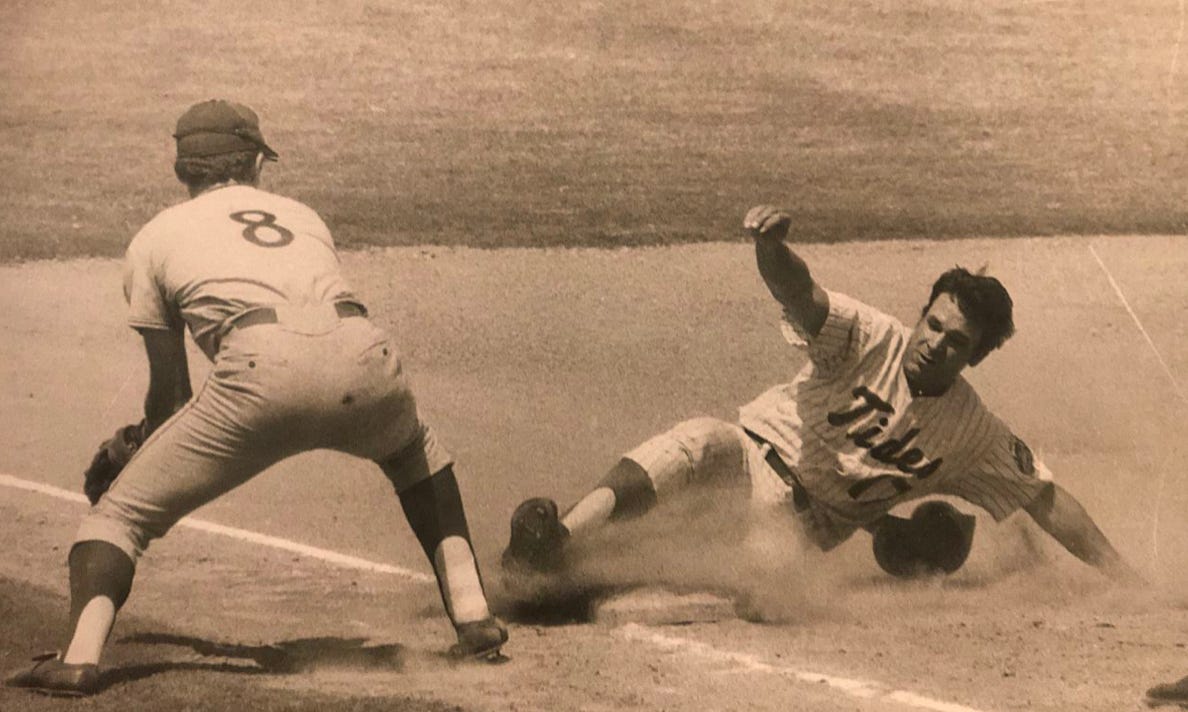
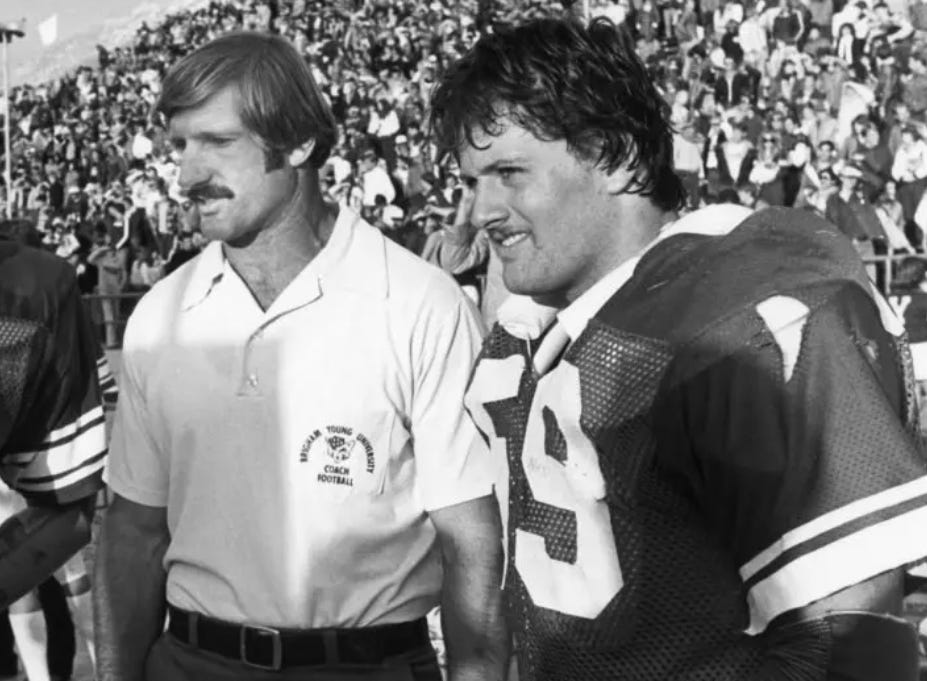
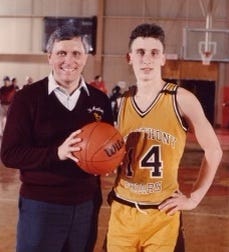
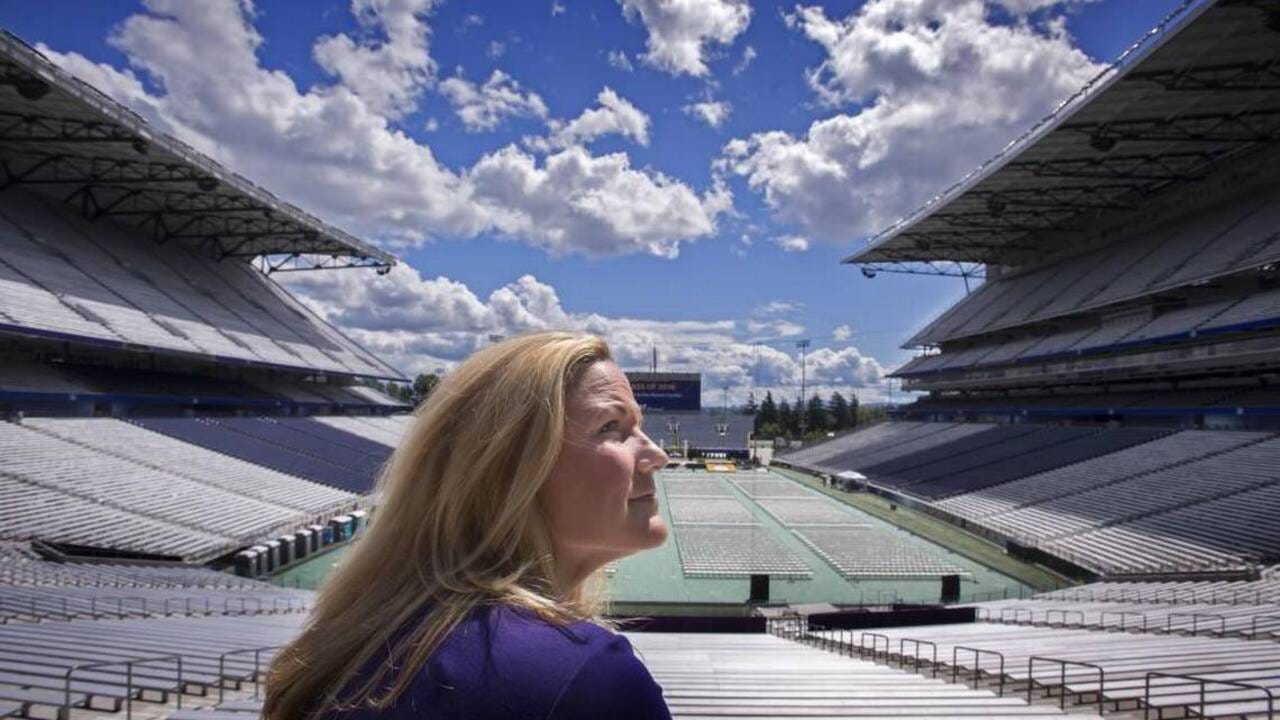
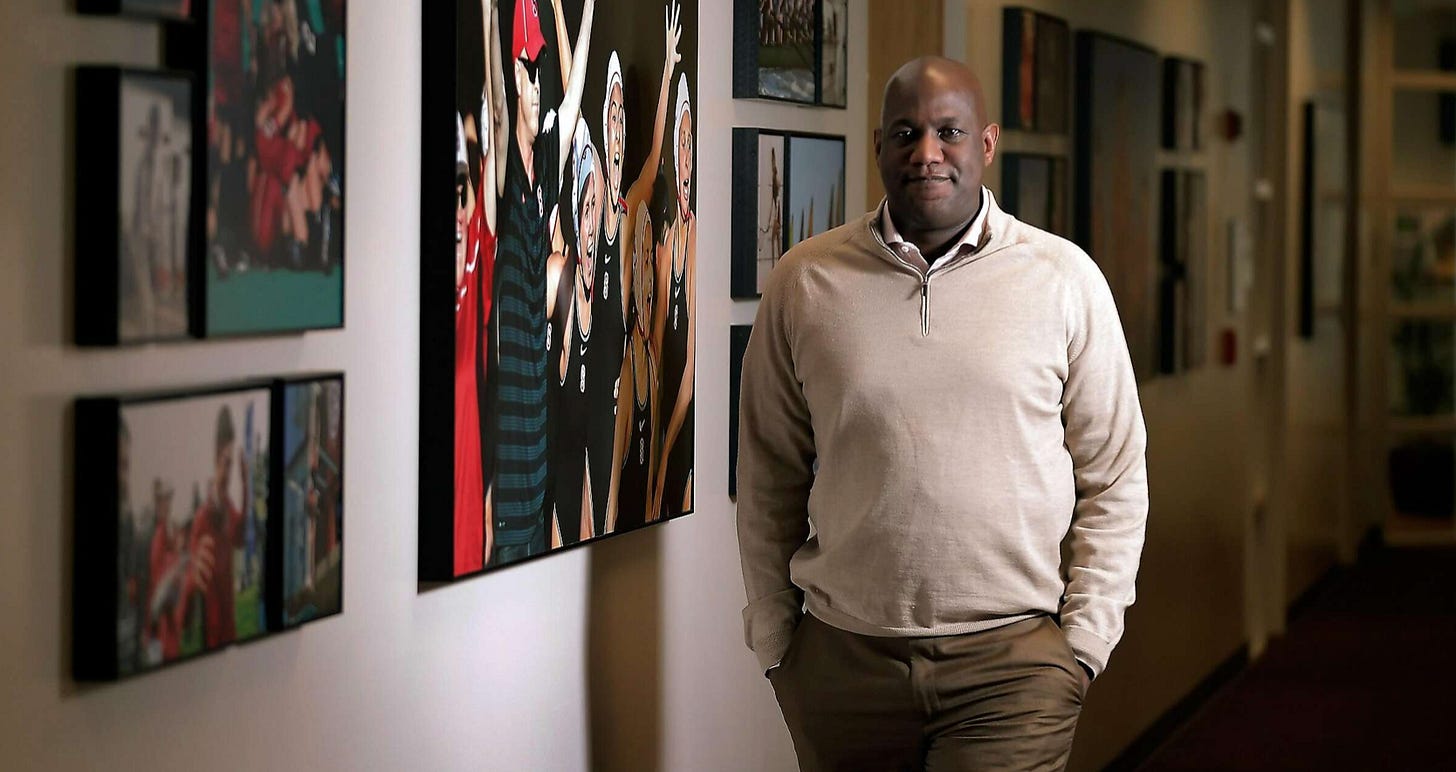
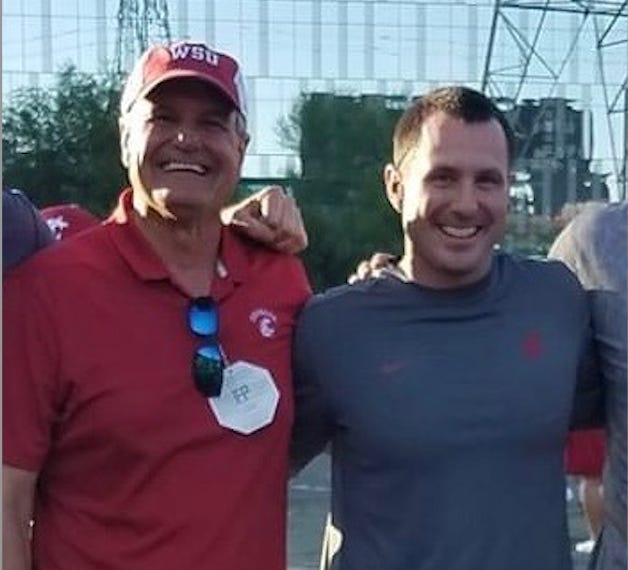
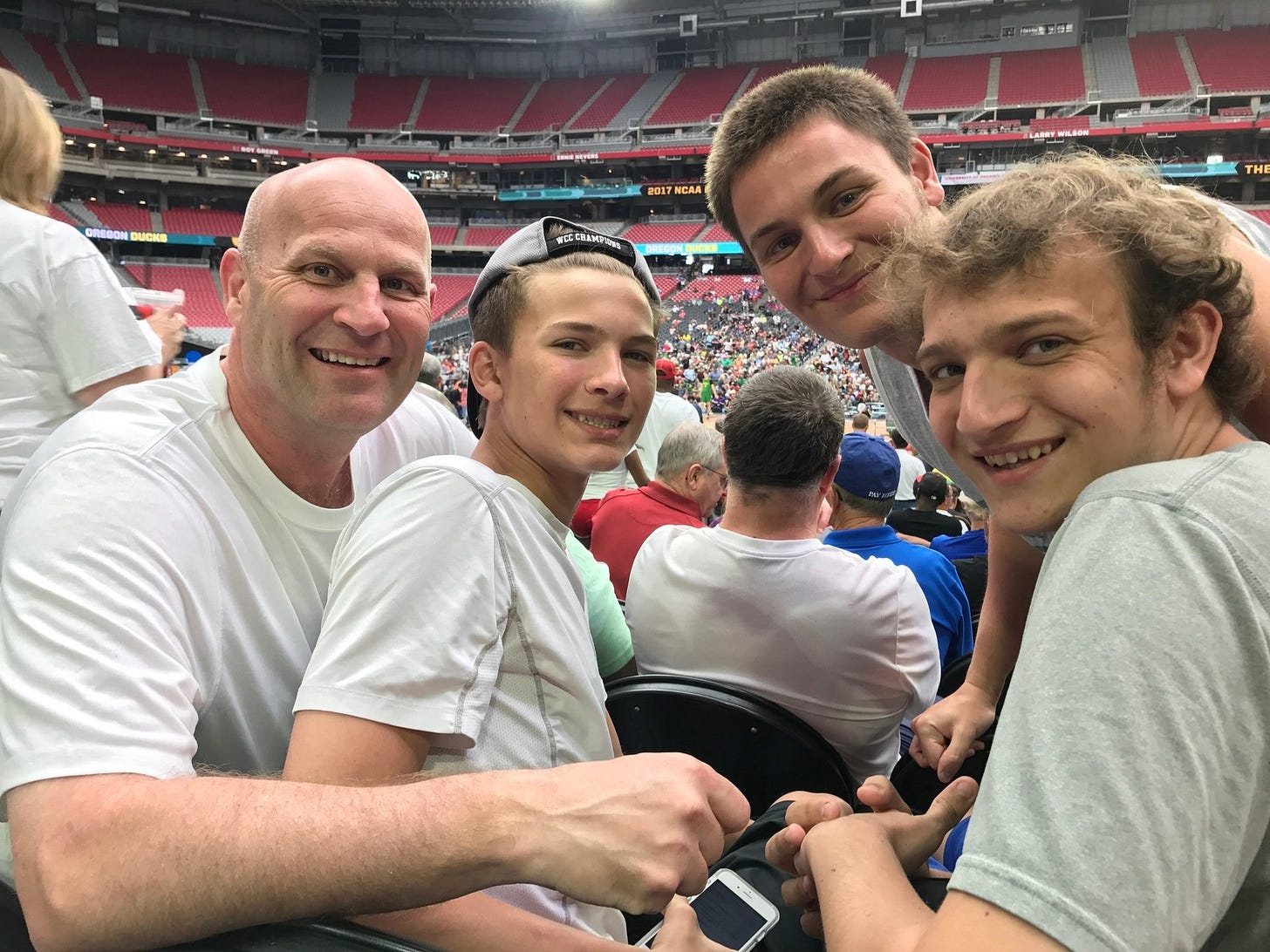
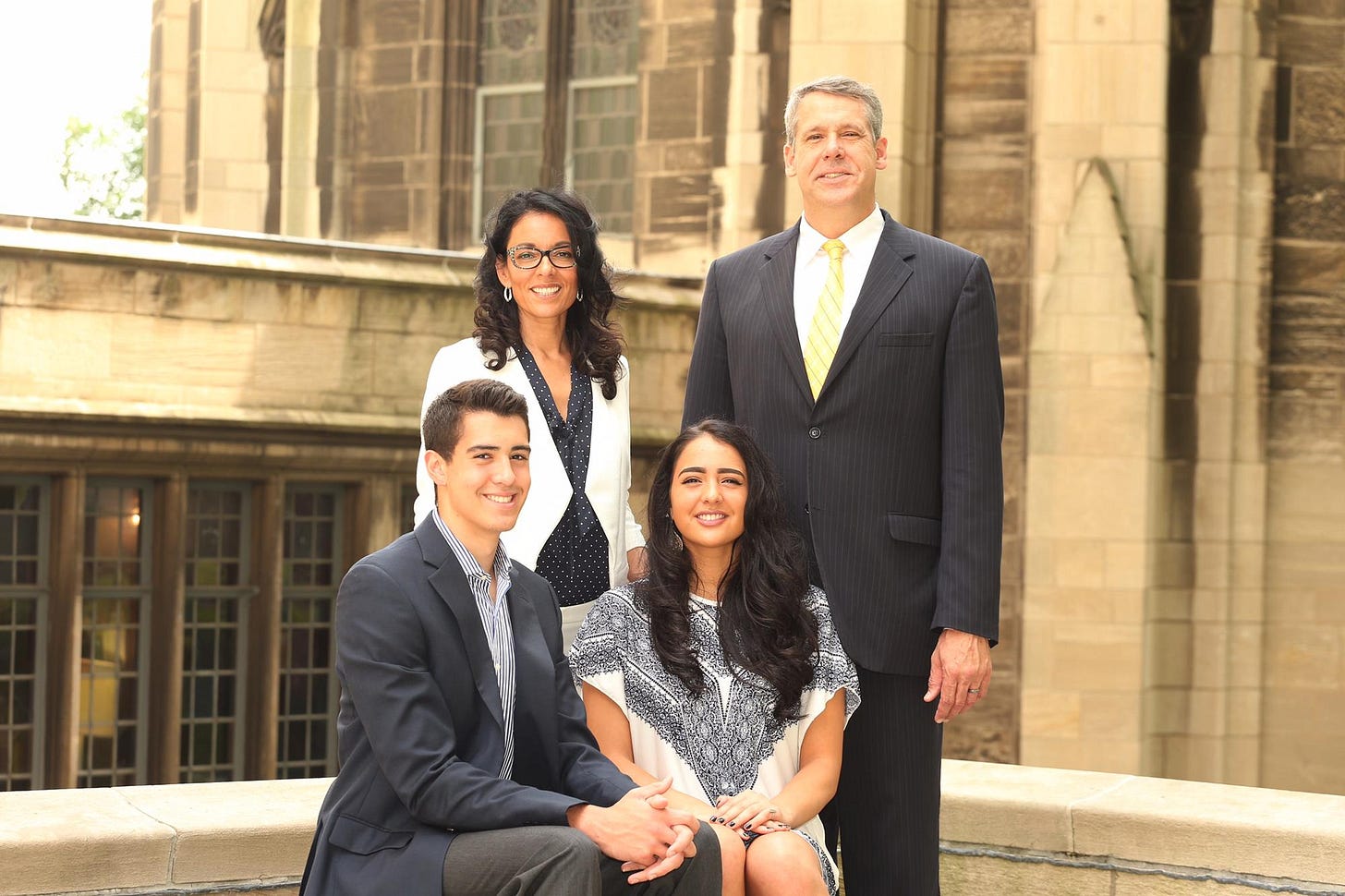
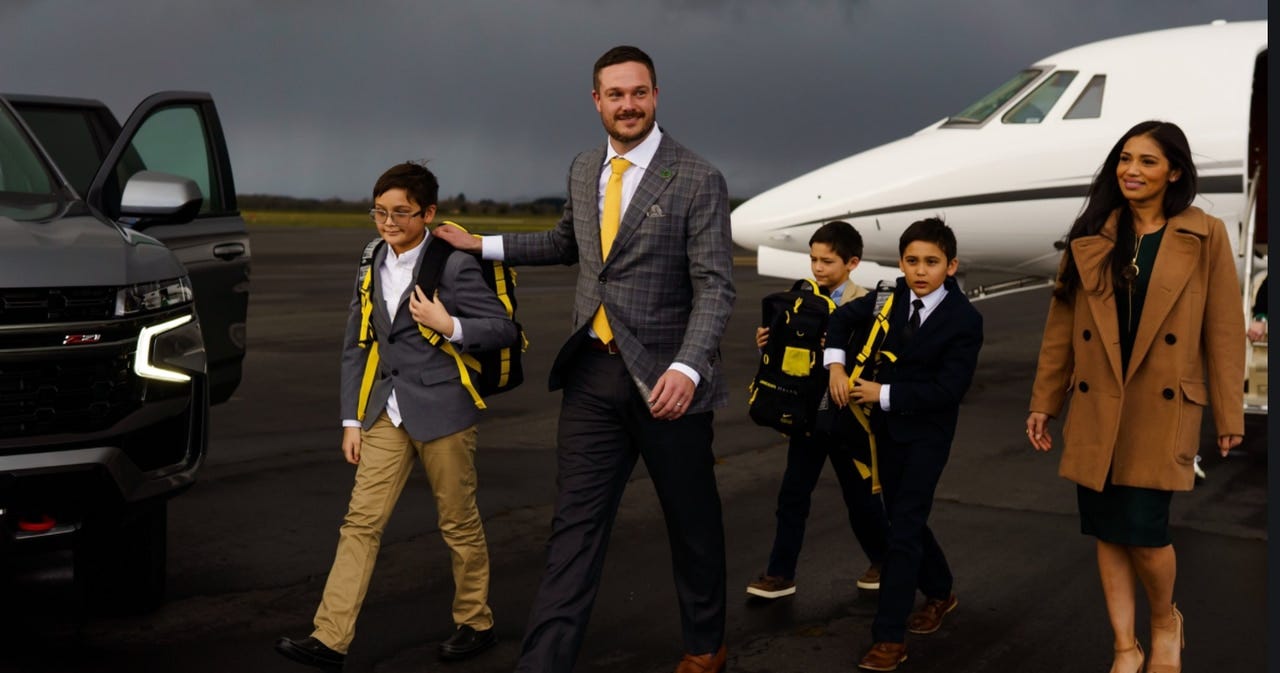
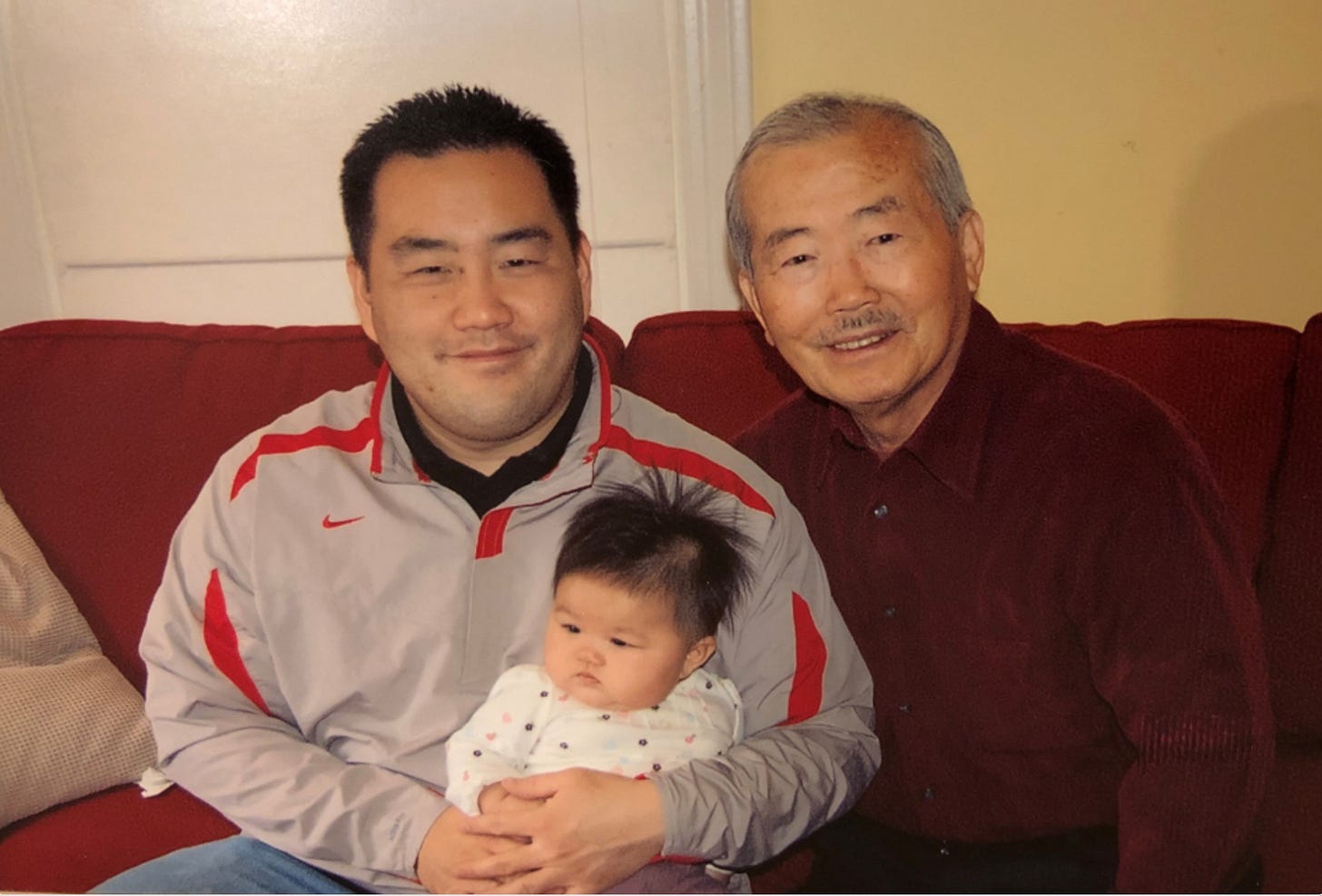
As a product of the Depression & World War II, my dad instilled in me a work ethic, self sufficiency, risk taking and the ability to think beyond my immediate situation. He made life easy for me relative to his own upbringing.
Great stuff! My dad and I didn't really get close until I was in my 30s. Once he decided I was going to "make it," he was always there with support and advice.